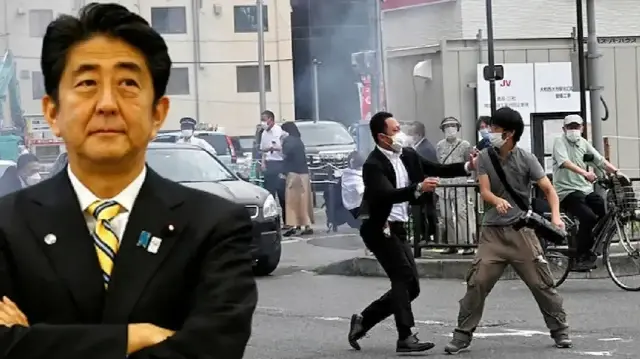Abe's assassin pleads guilty as trial reveals Unification Church motive

Tetsuya Yamagami has pleaded guilty to murdering former Japanese Prime Minister Shinzo Abe, citing his family's financial ruin from donations to the Unification Church. The trial has exposed controversial links between Japanese politicians and the religious organization.
The man accused of assassinating former Japanese Prime Minister Shinzo Abe has entered a guilty plea as his trial commenced Tuesday, admitting to the 2022 shooting that killed Japan's longest-serving leader. Tetsuya Yamagami, 45, used a homemade firearm to shoot Abe during a campaign event in Nara city on July 8, 2022, with the former prime minister succumbing to his injuries hours after the attack.
Motive and Religious Group Connections
Yamagami informed investigators that he targeted Abe due to grievances against the Unification Church, which he blamed for his family's financial collapse after his mother donated approximately 100 million yen ($660,000) to the organization. The assassination revealed extensive connections between the controversial religious movement and politicians from Japan's ruling Liberal Democratic Party, including historical support from Abe's grandfather, former Prime Minister Nobusuke Kishi.
Political Fallout and Organizational Dissolution
The shocking assassination triggered significant political repercussions, exposing the depth of relationships between LDP members and the Unification Church, known for its mass wedding ceremonies and aggressive fundraising tactics. Following public outcry, the Japanese government sought dissolution of the religious organization in 2023, with a court officially ordering its dissolution in March 2025. The scandal has substantially damaged public confidence in the long-ruling Liberal Democratic Party.
Judicial Proceedings and Timeline
The Nara District Court has scheduled its verdict in the high-profile case for January 2026, nearly three-and-a-half years after the assassination that shocked Japan and international observers. The extended timeline reflects the complex nature of the case and its broader implications for Japanese politics and religious organization regulations.
Reklam yükleniyor...
Reklam yükleniyor...







Comments you share on our site are a valuable resource for other users. Please be respectful of different opinions and other users. Avoid using rude, aggressive, derogatory, or discriminatory language.